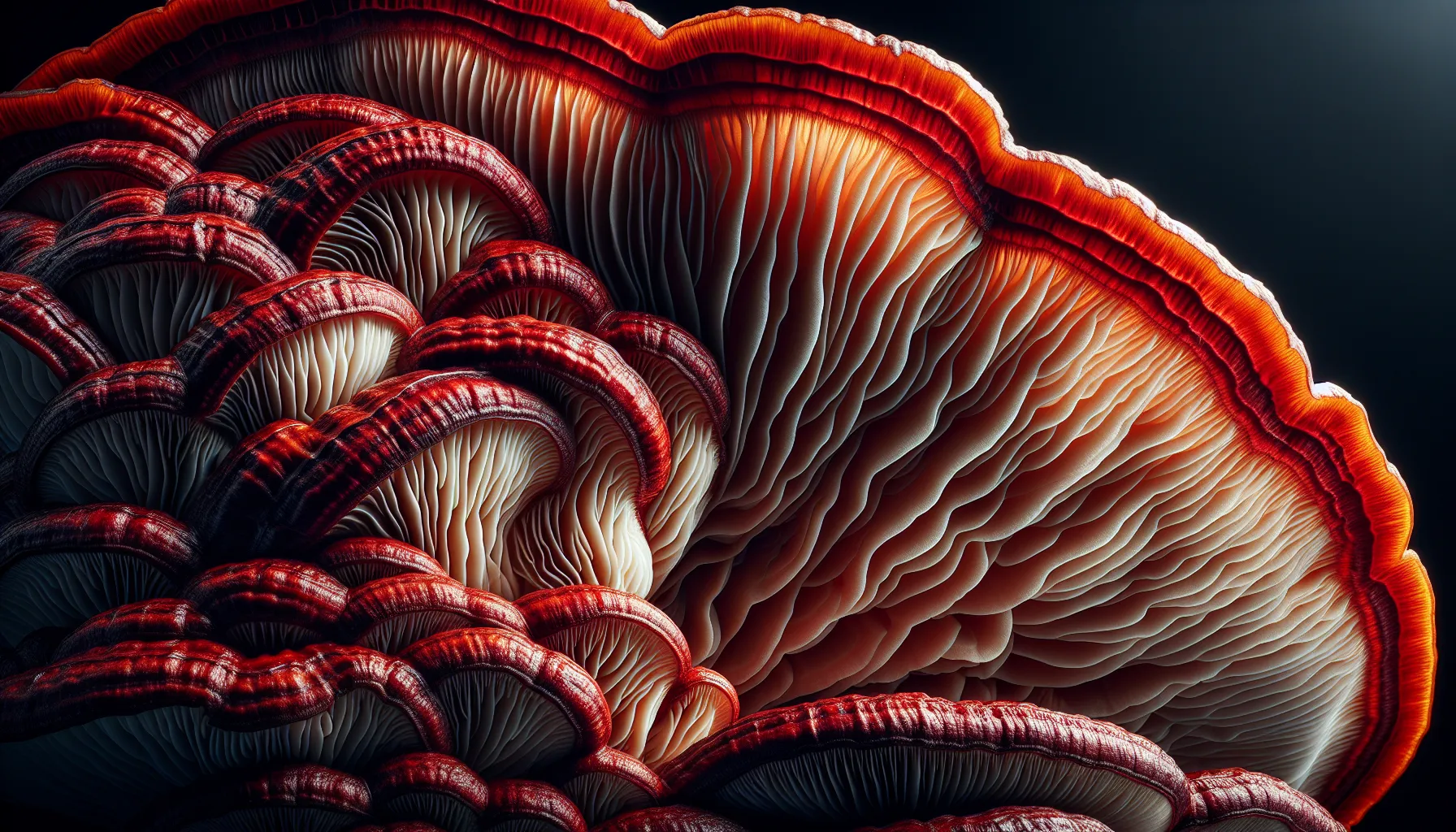The reishi mushroom (Ganoderma lucidum), is a fungi species revered in Asian cultures for centuries due to its perceived health benefits, which have recently made it very popular in the western world as well. Sometimes referred to as the “mushroom of immortality,” reishi mushrooms have been used in traditional Chinese medicine to support immune function, improve sleep, and as a historical treatment for various conditions ranging from hypertension to cancer. While the science behind these claims has yet to catch up to its reputation, there is little doubt that reishi mushrooms are some of the most used for health concerns. In this article, we will delve into the uses, potential side effects, and the current scientific understanding of reishi mushrooms.
Historical and Traditional Use
Reishi mushrooms have been part of Asian pharmacopoeia for more than 2,000 years with the first documented references in Chinese medical texts. Traditional use has seen reishi prescribed for a wide range of conditions including liver disorders, hypertension, arthritis, and other ailments. It is thought that the mushroom’s potential lies in its immune-modulating and anti-inflammatory properties.

Modern Research and Uses
Immune System Support
One of the most interesting aspects of reishi mushrooms is their purported effect on the immune system. It is believed that compounds within the mushroom, such as polysaccharides and triterpenes, may have immune-boosting properties. Some studies suggest that reishi can influence the production of cytokines, which are vital to the immune response. However, more research is necessary to determine the efficacy and mechanism of action.
Cancer Research
There has been a significant amount of research into reishi mushrooms and cancer, with some studies indicating that reishi may have anti-tumor properties. For instance, the polysaccharides found in reishi mushrooms have been observed to have anti-angiogenic effects, potentially inhibiting the growth of tumors. Nevertheless, these studies are preliminary, and reishi mushrooms are not a substitute for conventional cancer therapies.
Cardiovascular Health
Reishi mushrooms may also have a beneficial effect on cardiovascular health. Some research points to the potential of reishi extracts to lower high blood pressure and cholesterol levels, suggesting a role in the management of heart disease. However, these findings are not conclusive, and individuals with cardiovascular conditions should consult with their healthcare provider before using reishi supplements.

Diabetes Management
The impact of reishi mushrooms on blood sugar levels has also been explored, with some evidence suggesting that they may help lower blood glucose. This is particularly intriguing for individuals with type II diabetes. However, reishi mushrooms should be used with caution and under medical supervision, as they may interact with diabetes medications and potentially cause blood sugar levels to drop too low.
Side Effects and Precautions
Reishi mushrooms are generally considered safe for most people when consumed in moderate amounts. However, they can cause side effects, particularly when taken in high doses or for an extended period. Reported side effects include dizziness, dry mouth, itching, nausea, stomach upset, and rash. It is also important to note that reishi can potentially interact with certain medications, such as those that slow blood clotting and antidiabetes drugs.
Special Considerations
- Blood Pressure: Reishi mushrooms may lower blood pressure, so those with already low blood pressure or those on blood pressure medications should be cautious.
- Blood Clotting: Due to the potential anticoagulant effects of reishi, individuals taking blood thinners should avoid the mushroom as it might increase the risk of bruising and bleeding.
- Pregnancy and Breastfeeding: There is not enough reliable information about the safety of taking reishi mushrooms during pregnancy or breastfeeding, so it’s best to stay on the safe side and avoid use.
Dosage and Administration
The appropriate dose of reishi mushrooms may depend on several factors including the user’s age, health, and several other conditions. Most often, reishi mushrooms have been used by adults in doses of 1400-5400 mg by mouth daily, usually in divided doses. Extracts of reishi mushroom are also available and have been used in lower doses. Consulting with a healthcare provider can help determine what dose might be best for a specific condition.

Research References and Further Reading
For those interested in exploring the scientific literature surrounding reishi mushrooms, the following resources offer detailed insights:
- Memorial Sloan Kettering Cancer Center provides a comprehensive overview of reishi mushrooms, including potential effects, adverse reactions, and a summary of research studies.
- National Center for Complementary and Integrative Health (NCCIH) offers a range of resources on complementary health approaches, including herbal supplements like reishi mushrooms.
- Examine.com provides an in-depth analysis of reishi mushroom supplementation, backed by scientific references and evaluations of study quality.
Conclusion
Reishi mushrooms have a long history of use in traditional medicine, and modern research is beginning to explore their potential health benefits. While there is some promising evidence, particularly in the areas of immune system support and cancer research, more rigorous clinical trials are needed to establish their efficacy and safety. As with any supplement, it is crucial to consult with a healthcare provider before starting to use reishi mushrooms, especially for individuals with existing health conditions or those taking other medications.
